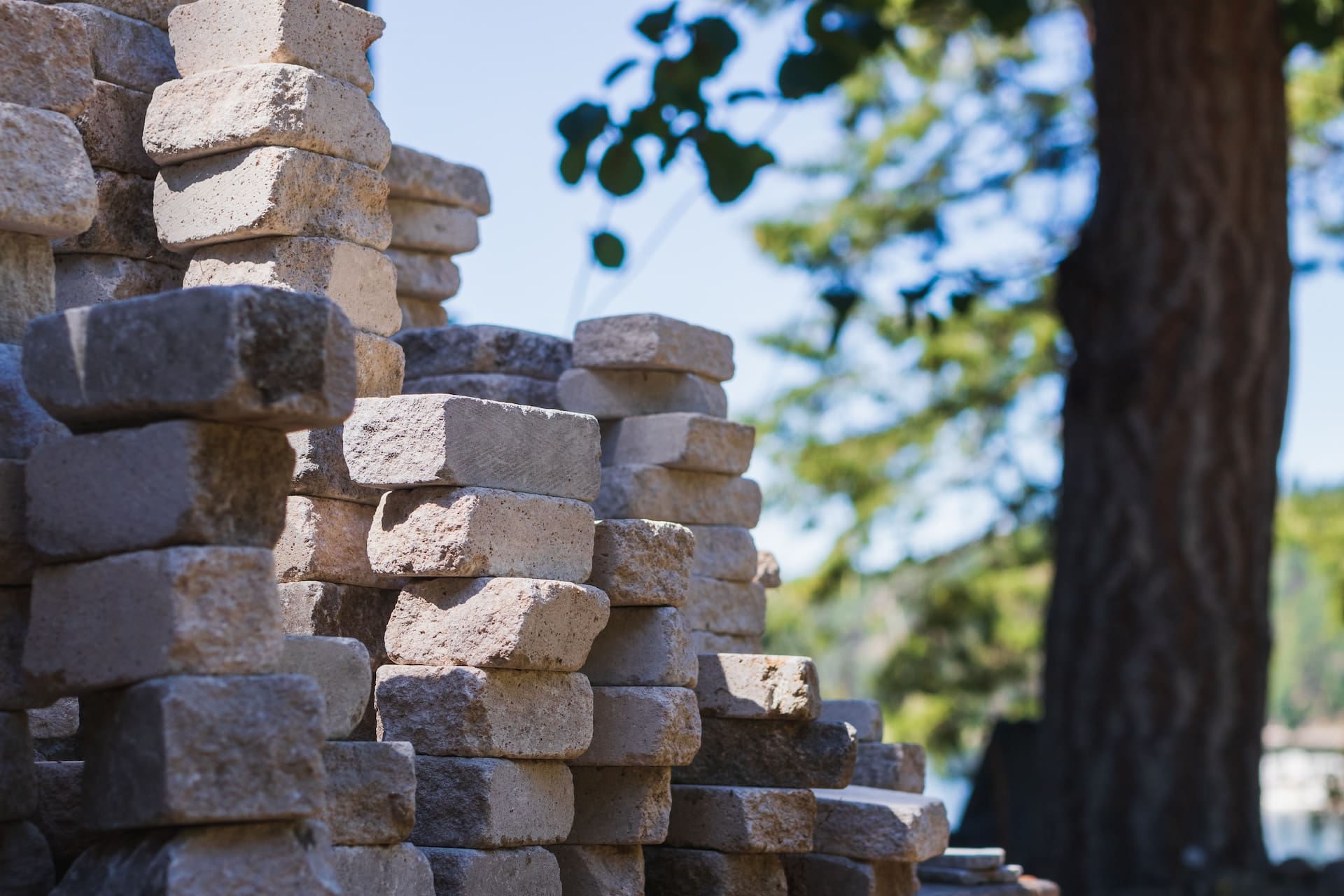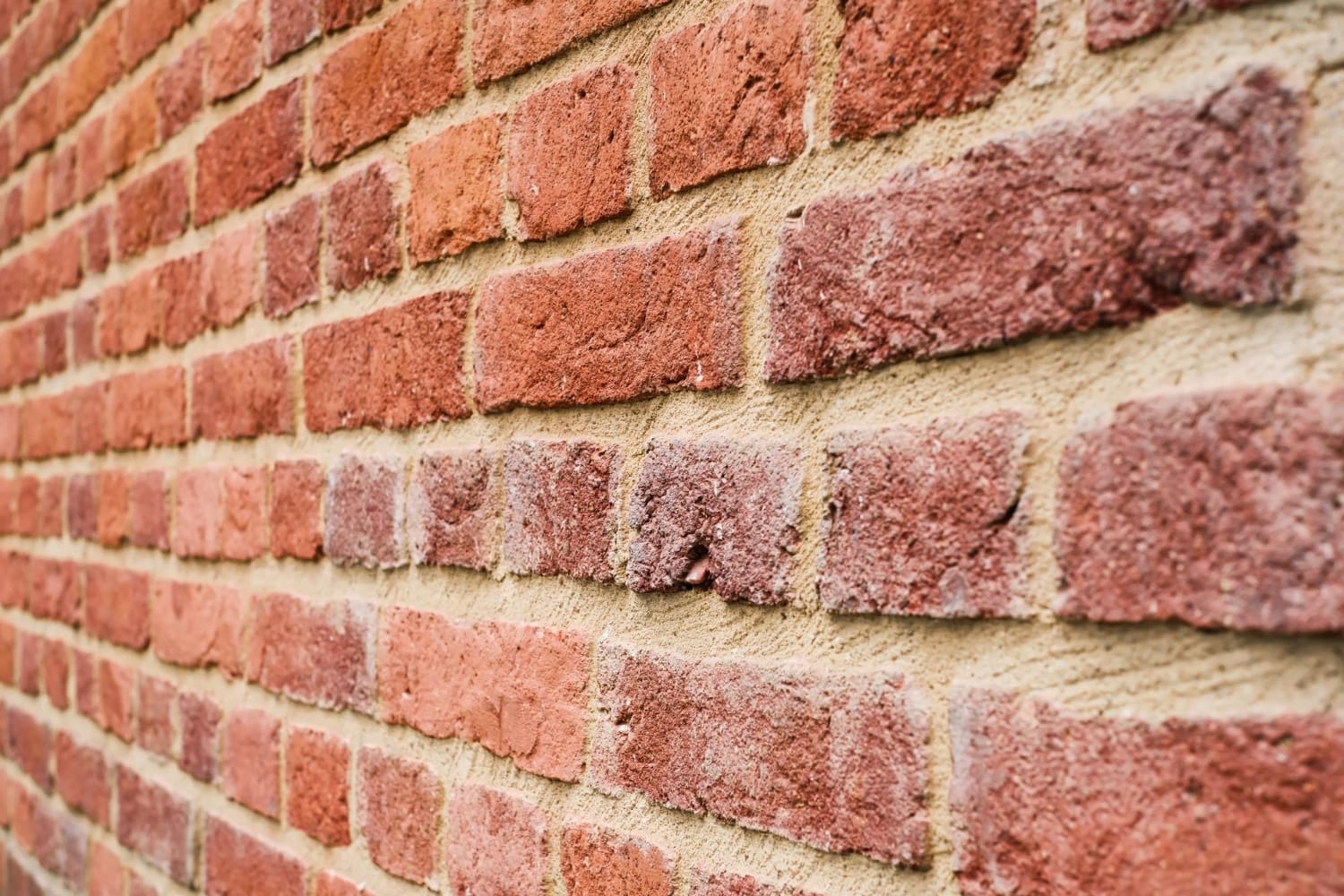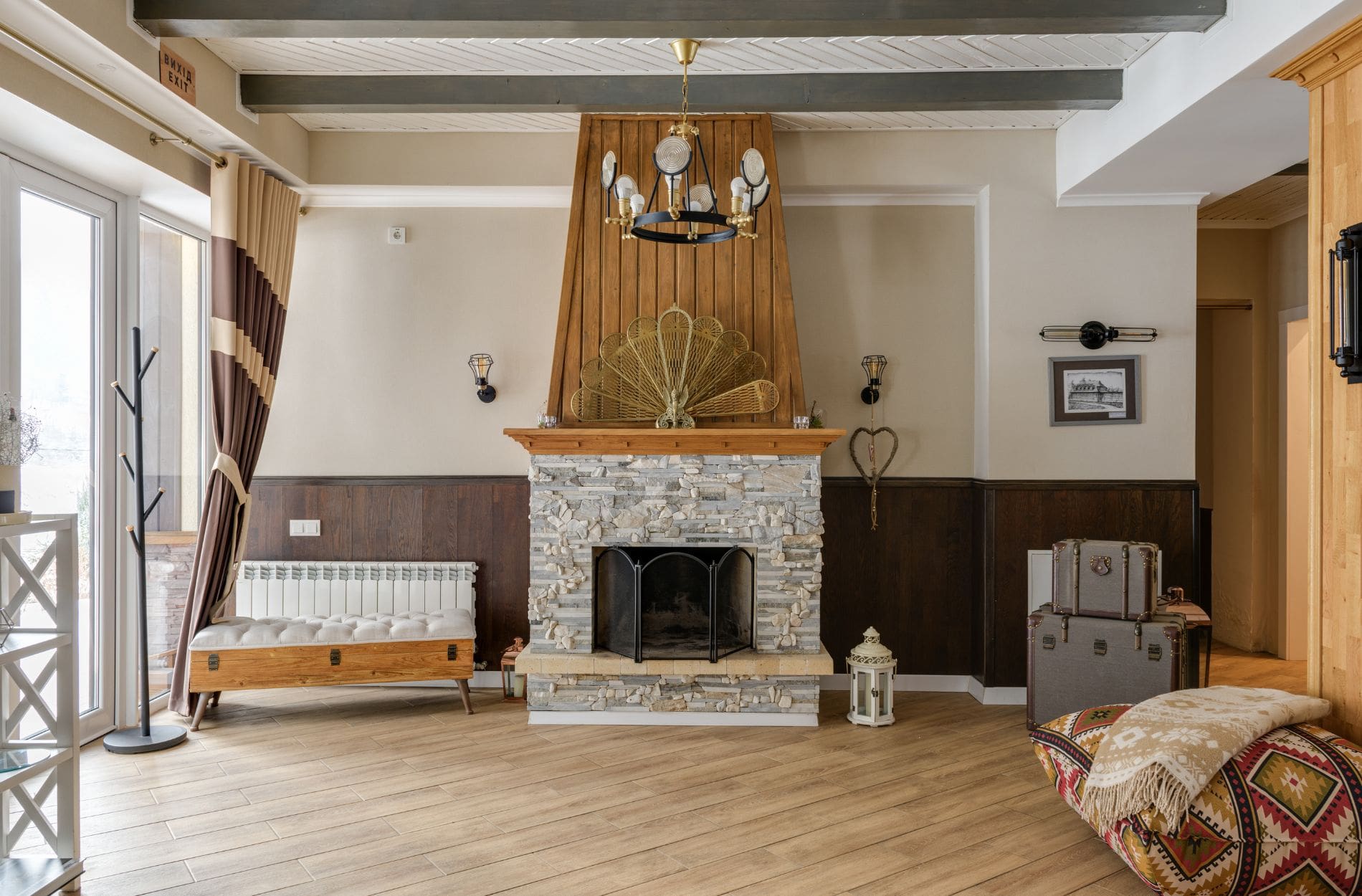Stone VS Brick Masonry: Comparing Pros, Cons, & Applications

When it comes to residential masonry projects, homeowners are often faced with the choice between stone and brick materials. Both materials offer unique advantages and distinct appearances, making it crucial to understand their pros, cons, and ideal uses to ensure the perfect fit for your home. This in-depth comparison will guide you through the differences between stone and brick masonry, empowering you to make an informed decision for your residential projects.
In this article, we will dive into various aspects, such as durability, maintenance, cost, and design versatility, to provide a thorough examination of both stone and brick masonry options. By analyzing these factors, you’ll gain valuable insights into the best applications for each material, ultimately enhancing your home’s curb appeal and overall value. With Detroit Brick Co.’s expert guidance, you can successfully choose the ideal masonry option for your unique needs and preferences.
1. Durability and Longevity
One of the primary factors to consider when comparing stone and brick masonry is their durability and longevity. Both materials have been used for centuries in construction and are known for their sturdiness.
- Stone: Natural stone has a higher density and is incredibly resistant to weather fluctuations, making it an ideal choice in regions with harsh climates. Properly installed and well-maintained stone masonry can last for hundreds, if not thousands, of years.
- Brick: Bricks, being kiln-fired, are much stronger than standard concrete blocks, providing excellent resistance to fire, pests, and decay. However, bricks can be susceptible to water damage, requiring regular maintenance and proper sealing to prolong their lifespan. Typical brick structures can last between 50 to 100 years, depending on the quality of materials and installation.
2. Maintenance and Repair
Masonry materials require different levels of maintenance and repair over time, which play a significant role in the long-term cost and upkeep considerations.
- Stone: Due to its inherent durability, natural stone masonry requires relatively minimal maintenance. Periodic cleaning and occasional repointing of mortar joints can help maintain the appearance and structural integrity of stone structures.
- Brick: Brick masonry demands more attention, particularly in terms of moisture protection. Bricks are prone to water penetration and frost damage, necessitating regular sealing, inspections, and repairs. Hairline cracks and loose mortar joints should be addressed promptly to prevent further deterioration of the structure.
3. Cost and Affordability
The cost difference between stone and brick masonry is another crucial factor to consider when planning your residential project.
- Stone: Natural stone tends to be more expensive than brick. The material costs and labor-intensive installation process can escalate overall project expenses. Despite the higher upfront cost, stone masonry’s longevity and low-maintenance requirements may justify the investment over time. Additionally, manufactured stone veneer, a more affordable alternative, can convincingly mimic the appearance of natural stone at a fraction of the cost.
- Brick: Brick masonry generally offers a more budget-friendly solution. The lower material costs and relatively faster installation process can reduce overall expenditures. However, due to the increased need for maintenance and repairs, these savings might be mitigated over the long term.
4. Design Versatility and Aesthetics
The visual appeal and design versatility of stone and brick masonry can significantly influence the final choice for your residential project.
- Stone: Natural stones, such as limestone, granite, or sandstone, provide an unparalleled visual appeal with their unique textures and color patterns. Stone masonry effortlessly blends with a variety of architectural styles, from traditional to modern. Manufactured stone veneer can also deliver a wide range of design options while maintaining an authentic appearance.
- Brick: Bricks come in various colors, sizes, and finishes, granting homeowners creative freedom in designing their projects. From traditional red bricks to contemporary white or charcoal tones, brick masonry can complement diverse architectural styles. Moreover, different bricklaying patterns, such as running bond, herringbone, or basket weave, can enhance visual interest and character.
5. Environmental Impact
The environmental footprint of stone and brick masonry can also impact your decision, depending on your sustainability priorities.
- Stone: Extraction, processing, and transportation of natural stone can have significant environmental implications, such as resource depletion, habitat disruption, and carbon emissions. Opting for locally sourced stone or utilizing reclaimed materials can help mitigate these concerns.
- Brick: The production of bricks, which involves firing clay at high temperatures, consumes substantial amounts of energy and releases greenhouse gases. However, bricks made from recycled materials or “green bricks,” manufactured using energy-efficient methods, can offer more sustainable alternatives.
6. Application Suitability
Lastly, consider the suitability of each material for specific residential applications.
- Stone: Natural stone is ideal for load-bearing structures, retaining walls, and exterior cladding due to its strength and weather resistance. Stone masonry can also be applied in interior design elements, such as fireplaces, accent walls, or flooring.
- Brick: Brick masonry is an excellent choice for both exterior and interior applications, including home exteriors, garden walls, patios, and fireplaces. Its flexibility in terms of design and color options makes brick a versatile and adaptable choice for various residential projects.
By analyzing the durability, maintenance, cost, design versatility, environmental impact, and application suitability of stone and brick masonry, homeowners can make educated decisions when planning their residential projects. Each material has its unique set of pros and cons, ultimately making the choice dependent on your specific needs, preferences, and architectural style. Leveraging Detroit Brick Co.’s expertise, you can navigate the intricacies of stone and brick masonry, selecting the perfect material to enhance your home’s beauty and value.
Conclusion
The decision between stone and brick masonry ultimately depends on a variety of factors, such as durability, cost, aesthetics, and application suitability. Each material presents unique advantages and challenges, requiring careful consideration to align with your residential project’s specific requirements.
Detroit Brick Co. is here to provide expert guidance in navigating the complexities of stone and brick masonry. Our experienced professionals will help you make informed choices that cater to your preferences, needs, and budget. We are dedicated to offering exceptional masonry services, ensuring the highest quality workmanship and materials for your home’s masonry projects.
Ready to embark on your next stone or brick wall masonry project? Contact Detroit Brick Co. today to discuss your ideas and let our expert team transform your home with the perfect masonry material tailored to your needs!





